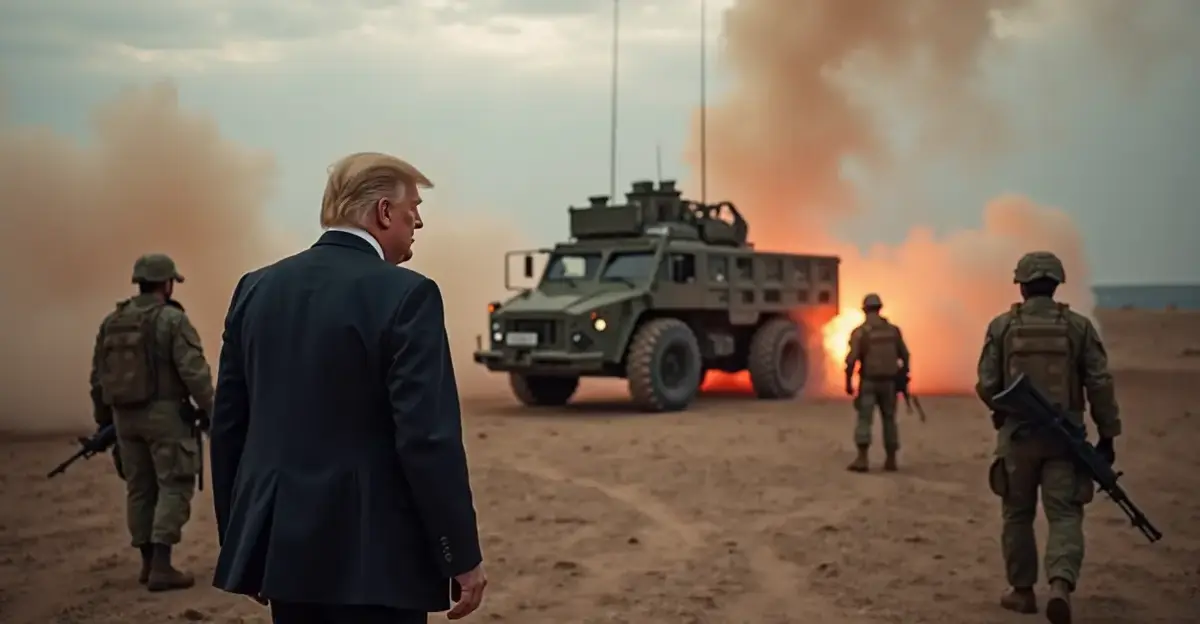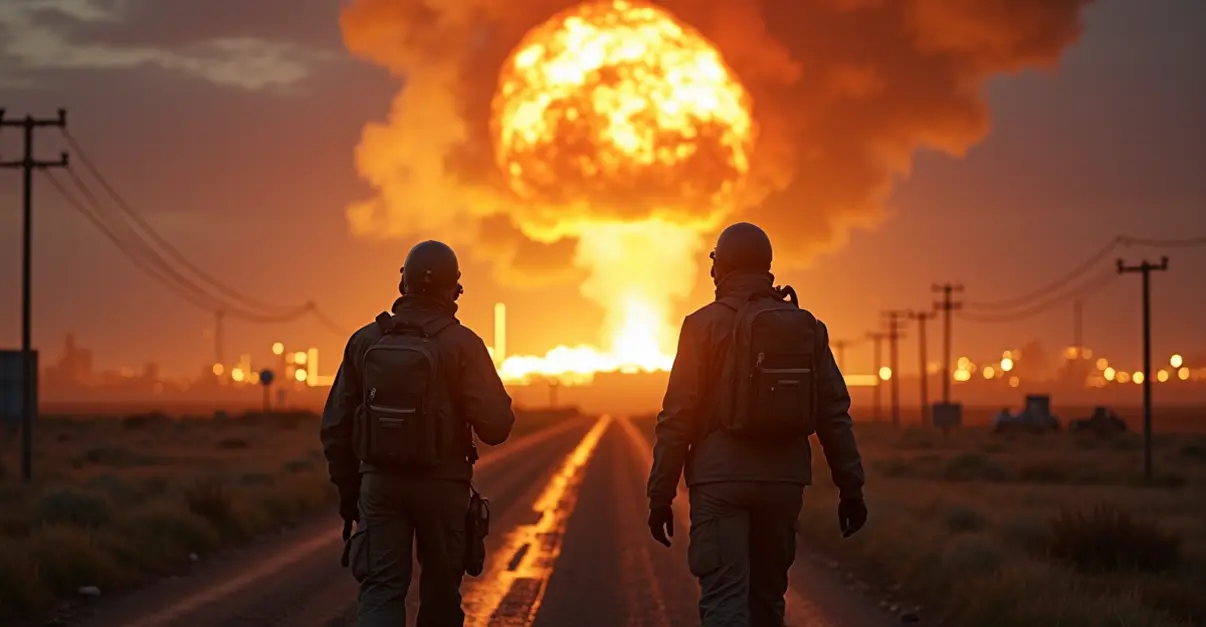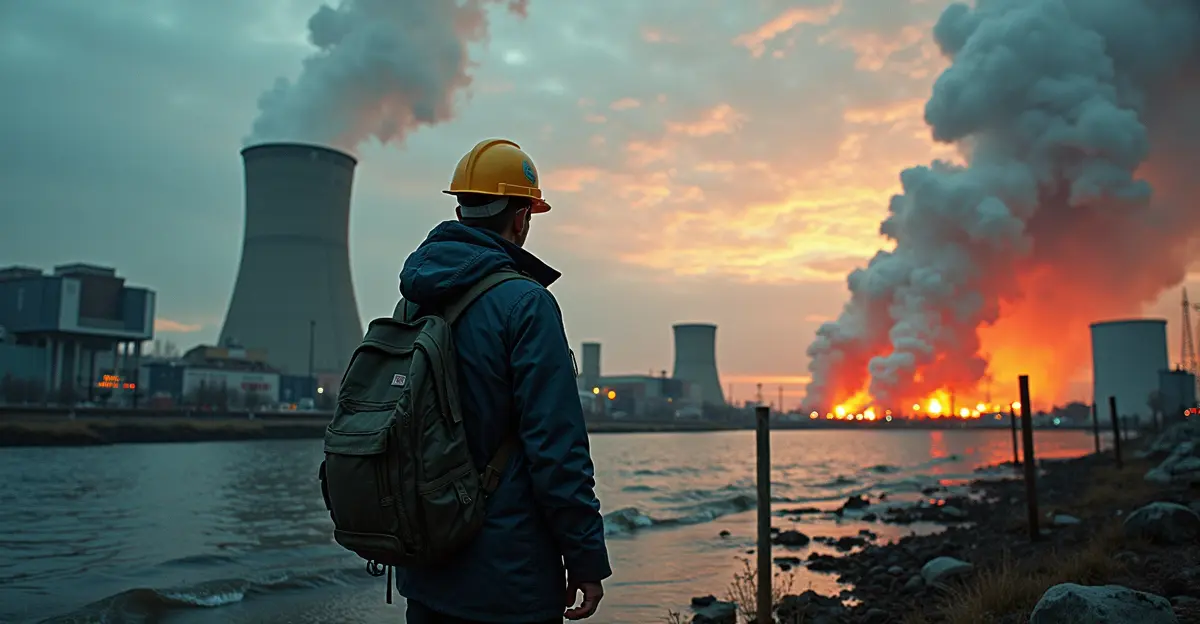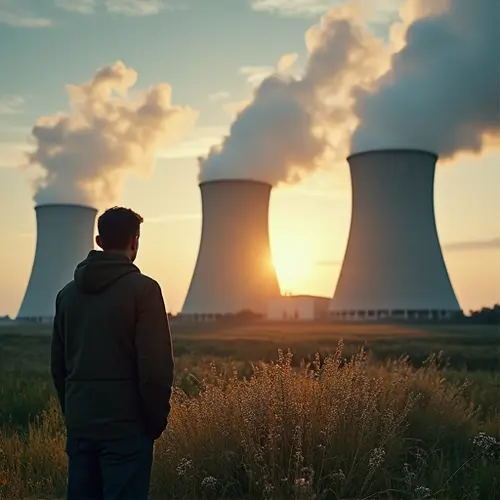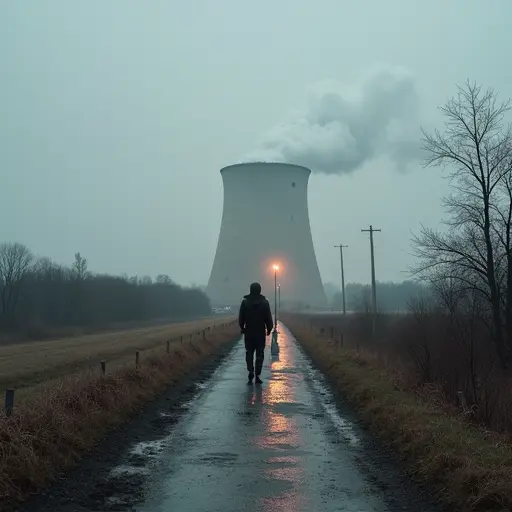US President Ends 33-Year Testing Moratorium
In a dramatic policy reversal that has sent shockwaves through the international community, President Donald Trump has ordered the Pentagon to immediately resume nuclear weapons testing for the first time since 1992. The announcement came via Trump's Truth Social platform during his Asia trip, where he stated the United States would conduct testing 'on an equal basis' with other nuclear powers.
Breaking the Nuclear Testing Moratorium
The decision marks the end of a 33-year voluntary moratorium on nuclear explosive testing that began under President George H.W. Bush in 1992. 'With others doing testing, I think it's appropriate that we do also,' Trump told reporters aboard Air Force One following his meeting with Chinese President Xi Jinping in South Korea.
The United States last conducted a nuclear test in September 1992, when the Department of Energy detonated a nuclear device at the Nevada Test Site. Since then, the country has maintained a testing moratorium while developing its nuclear arsenal through computer simulations and subcritical tests under the Science-Based Stockpile Stewardship Program.
Global Nuclear Context
Trump's announcement comes amid escalating nuclear tensions worldwide. Just days earlier, Russian President Vladimir Putin announced Russia had successfully tested its Poseidon nuclear-powered super torpedo, a weapon capable of creating massive radioactive tsunamis that could devastate coastal cities. 'This represents a huge success for our strategic forces,' Putin declared during the announcement.
According to military analysts cited by Reuters, the 20-meter long Poseidon torpedo represents a significant advancement in underwater nuclear capabilities. Russia has also recently tested its nuclear-powered Burevestnik cruise missile, which experts have described as a 'tiny flying Chernobyl.'
International Reaction and Concerns
The announcement has drawn immediate concern from nuclear nonproliferation experts and international leaders. 'This could trigger a dangerous chain reaction of testing by adversaries and undermine decades of nuclear arms control efforts,' warned Dr. James Acton, co-director of the Nuclear Policy Program at the Carnegie Endowment for International Peace.
The United States signed the Comprehensive Nuclear Test Ban Treaty (CTBT) in 1996, but the Senate never ratified the agreement. The treaty requires ratification by 44 specific countries to enter into force, and key nations including the United States, China, and Russia have not completed the ratification process.
Historical Context of US Nuclear Testing
The United States conducted its first nuclear test, codenamed Trinity, in the New Mexico desert in July 1945. Just one month later, the US dropped atomic bombs on Hiroshima and Nagasaki, becoming the only country to use nuclear weapons in combat. Over the following decades, the US conducted 1,054 nuclear tests, more than all other nuclear powers combined.
As documented by the Arms Control Association, the US testing program evolved through several phases, from atmospheric tests in the Pacific and Nevada to underground testing following the 1963 Partial Test Ban Treaty. The current US nuclear arsenal consists of approximately 5,177 warheads, with 1,770 deployed across the nuclear triad of submarines, intercontinental ballistic missiles, and strategic bombers.
Potential Consequences
Experts warn that resuming nuclear testing could face significant public opposition, particularly in Nevada where previous testing caused environmental contamination and health issues for downwind communities. 'The political and environmental costs of renewed testing could be substantial,' noted Dr. Lynn Eden, senior research scholar at Stanford University's Center for International Security and Cooperation.
The announcement also comes as the New START treaty, the last major nuclear arms control agreement between the US and Russia, is set to expire in 2026. Without renewal or replacement, the world could enter a period of unconstrained nuclear competition for the first time since the Cold War.

 Nederlands
Nederlands
 English
English
 Deutsch
Deutsch
 Français
Français
 Español
Español
 Português
Português
